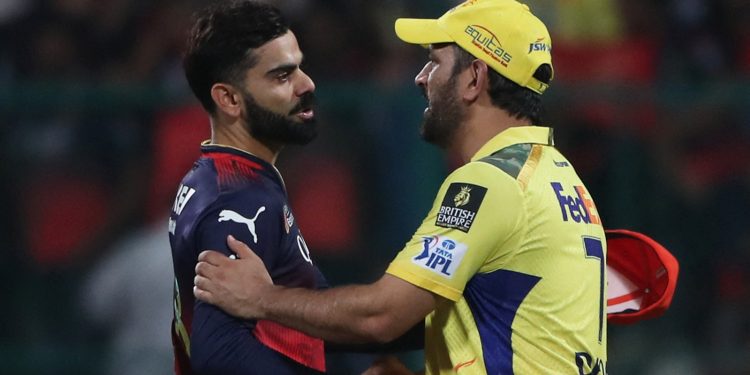Following rising tensions along the India-Pakistan border, the Board of Control for Cricket in India (BCCI) stopped the Indian Premier League (IPL) 2025 for a week. The decision came after floodlight problems forced the cancellation of the Delhi Capitals vs. Punjab Kings game at the HPCA Stadium in Dharamsala. In response to the red alert in Jammu, the floodlights at the HPCA Stadium in Dharamsala were turned off as a precaution.
Despite the BCCI’s assertion that national security comes before athletic events, this little pause has had enormous economic effects. The net loss each cancelled game, even with insurance coverage, was over half of the entire forecast, or about INR 60 crore per match.
Due to lost revenue from ticket sales, sponsorship agreements, television rights, and match-day operations, each IPL match that has been suspended has reportedly cost the board between INR 100 and 125 crore.
Although the official break is set to last for one week, the issue is still being closely watched, and more delays may force the remaining games to be rescheduled for the August–September window. India’s tour of Bangladesh and the already unpredictable T20 Asia Cup may be impacted by such a move.
The ban had a financial impact on the BCCI and franchises, but it also had an effect on local businesses that depended on match days, vendors, goods sellers, and taxi drivers. With promises from sponsors and broadcasters like Jiostar and title partner TATA, who have supported the decision, the BCCI is optimistic of an early resume even though international players and support staff have temporarily returned to their home countries.
Teams that have high-earning home games left, like Royal Challengers Bengaluru, are directly losing money on ticket and product sales. Teams’ earnings may be further impacted if the suspension lasts or the tournament is ultimately scrapped because they have been mostly reliant on the BCCI’s central income pool.







